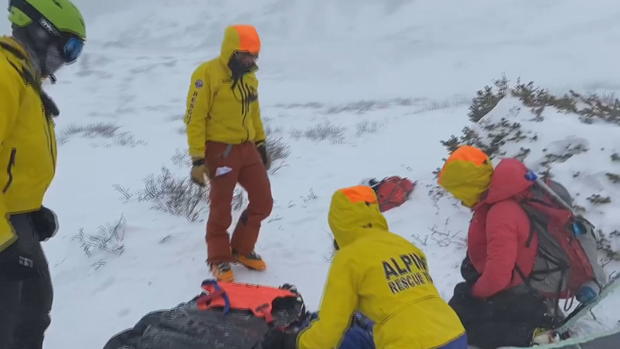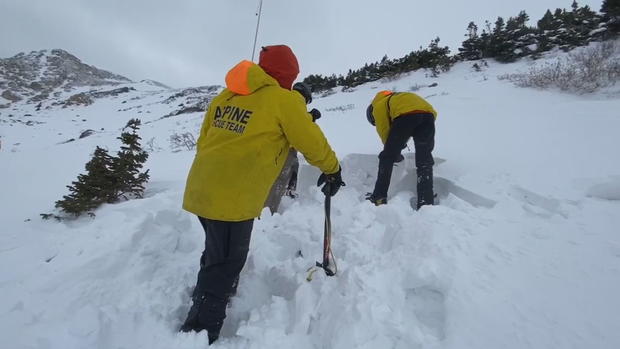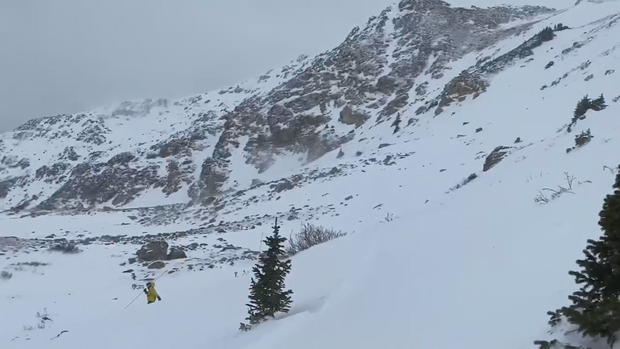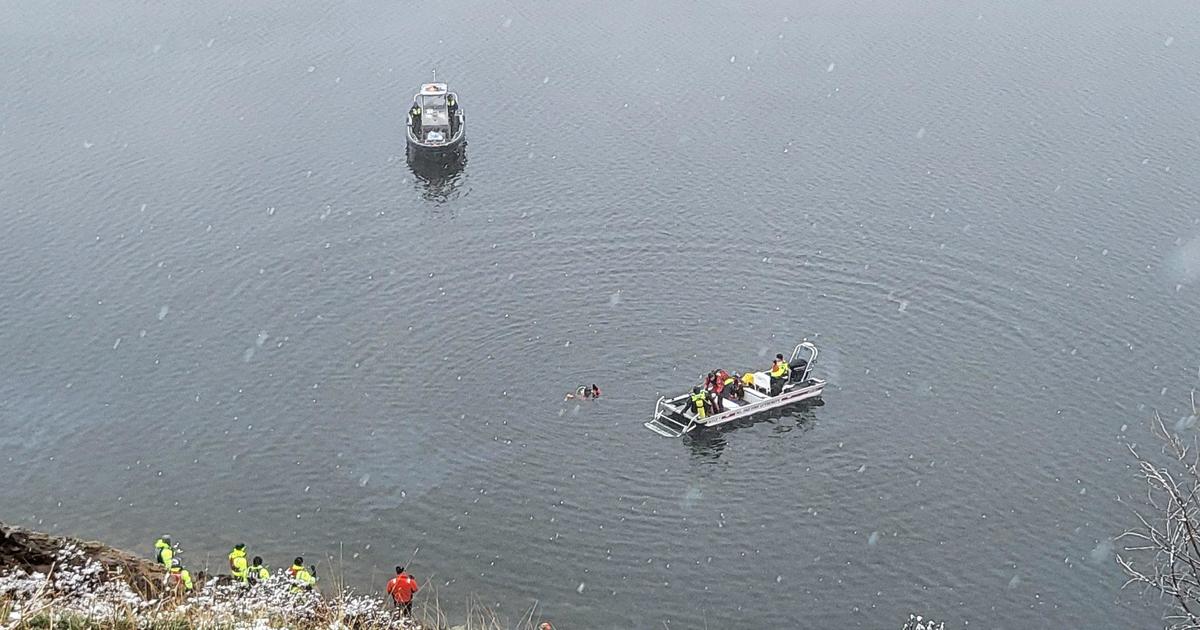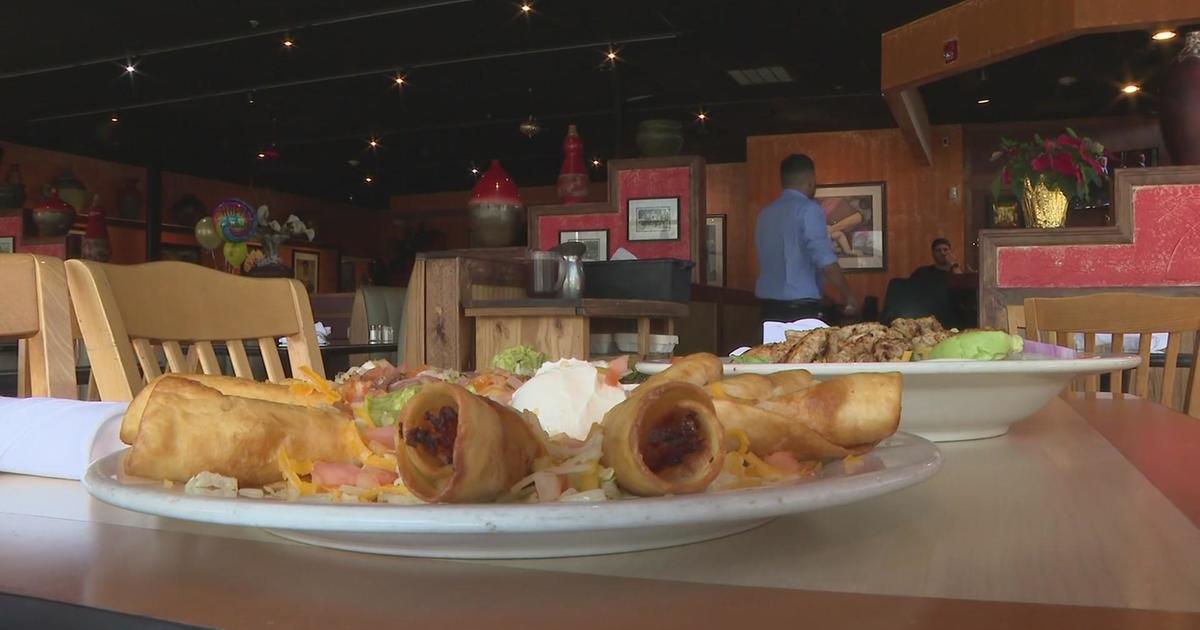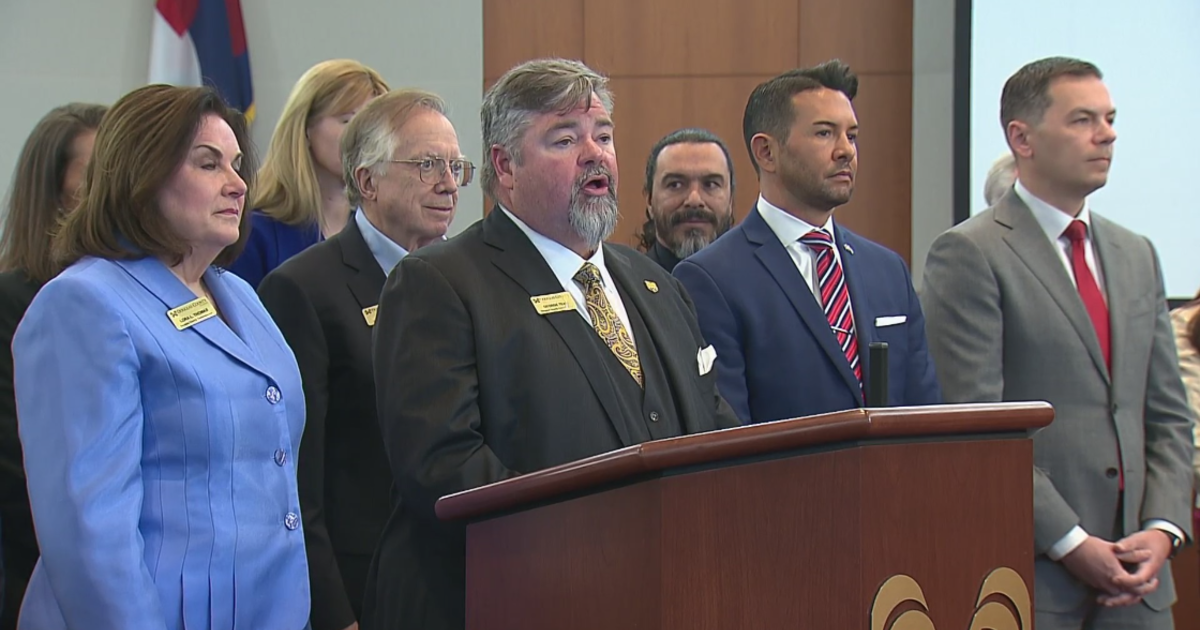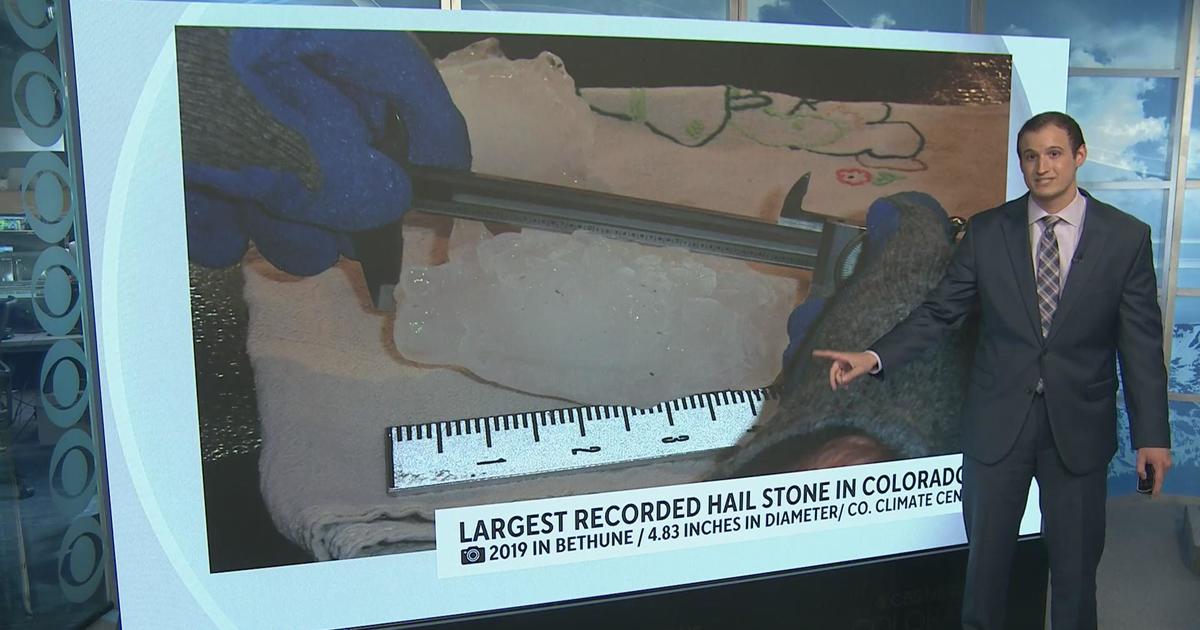With COVID Limiting Some Resort Skiing, Alpine Rescue Team Prepares For More Backcountry Emergencies
SUMMIT COUNTY, Colo. (CBS4) – As Coloradans start to play in the snow, Alpine Rescue went to work in it.
"The wind changes, the snow changes, it's colder for us. It changes all the time," said rescuer Eric Bottjen.
They set up teams near the top of Loveland Pass to refresh their avalanche rescue training. They poked into the snow performing probe line searching, worked on transceivers and trained for managing rescues. This could be a very big season.
"You go to REI and they have a sign that tells you they have no skis, or they have no transceivers open right now, and some of that's cross country. But, we're more concerned about people out here in the backcountry snowboarding, skiing, snowmobiling, hiking," said Dawn Wilson, Public Information Officer for Alpine Rescue.
COVID-19 is driving people to seek the outdoors and Alpine Rescue knows it.
"We're going to do the best we can, but with COVID we're going to have possibly less people who can respond. We also have to be concerned about our team members. So things are going to be slower on getting us to you if you are injured," said Wilson.
Ski areas are going to have limited capacity, and that could mean new pressure in the backcountry, noted Dale Atkins, a technical specialist with Alpine Rescue.
"When we curtail access somewhere whether it's in ski areas or even in the mountains, people are going to go somewhere else."
Up the road, skiers and boarders were doing their free skiing and boarding from the top of the pass.
"That's why we're here right now. The reservations are very limited so we can't go up all the time like we used to," said boarder Hunter Graham.
He was with friends and said he'd had training a lot of experience skiing back bowls.
"We usually do the back bowls over at Keystone or at Breckenridge, but this stuff, this is all new," said Tyler Quirk.
"You know a lot of tourists come through here and see a lot of the skiers or snowboarders running out, they're going to be like, 'You know what? That sounds good to me.' And they'll be stuck back there with no help," said Quirk.
Maybe until Alpine Rescue arrives.
"We have that concern more this year because people aren't staying at home. They're getting out. They're fatigued from COVID. They want to get out in the backcountry," said Wilson. "We want to make sure people are educated. We want to make sure people know how to use their transceiver beacon. We want to make sure they are going to know how to use the CAIC forecast for where they're going to be going and make sure that they tell somebody where they are going to go and travel with people that know what they're doing as well."
They don't discourage people from going into the backcountry and never charge for rescues, but they want people to be aware.
"We're expecting lots of people to be out here in the backcountry, and boy it's a numbers game, the more people that are out, the more likely we are to get called," said Atkins. "This is going to be a real different year."
